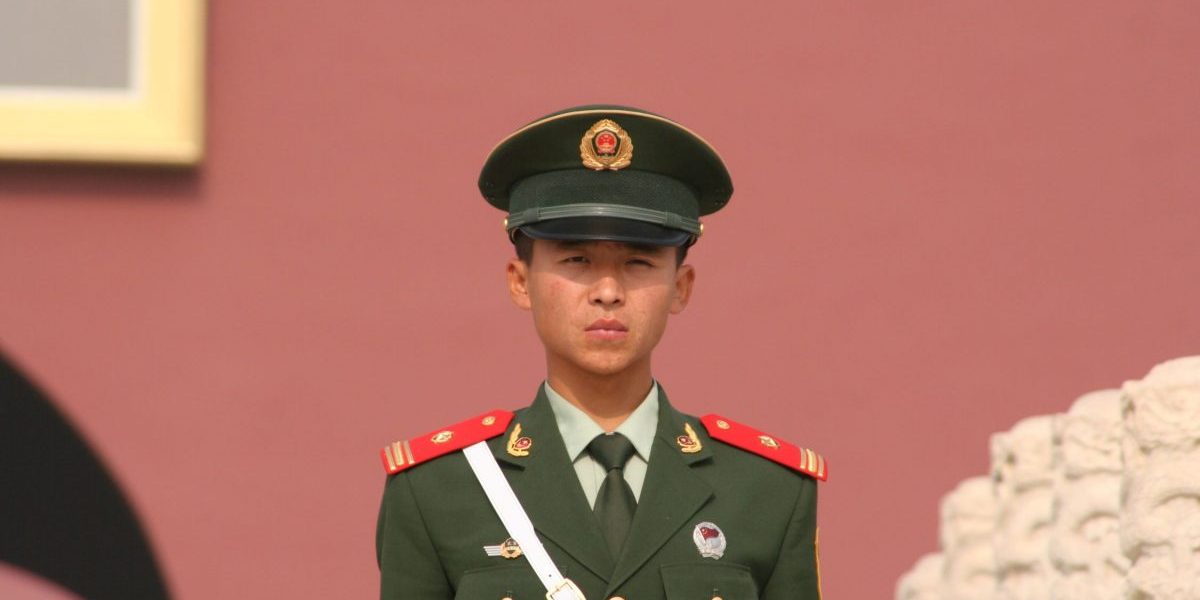To date, scholars have examined China’s development-security nexus in Africa by looking at cases of post—conflict reconstruction, applied in periods of political transition, or in so-called fragile states. Focusing on Mali, this paper builds on this scholarship by exploring the links between development and security in the context of conflict to understand the extent to which China’s security approach in Africa is adequately conceptualized, successful, or challenged. Our findings indicate that China’s developmentfor
security approach has pronounced limitations when applied in Mali for the following main reasons. First, China’s development-security nexus lacks a focus on governance. Development projects without government control or political will to turn them into profitable investments risk decaying, being destroyed, or getting used subversively by non-state actors and armed groups. Second, even though the Chinese ambassador in Mali has been actively reaching out to the country’s religious leaders and other parties to the country’s national dialogue, China’s approach in Mali remains largely government-focused and Bamako-centered, presenting limitations to Beijing’s grasp of the multitude of political actors involved in Mali’s crisis.








